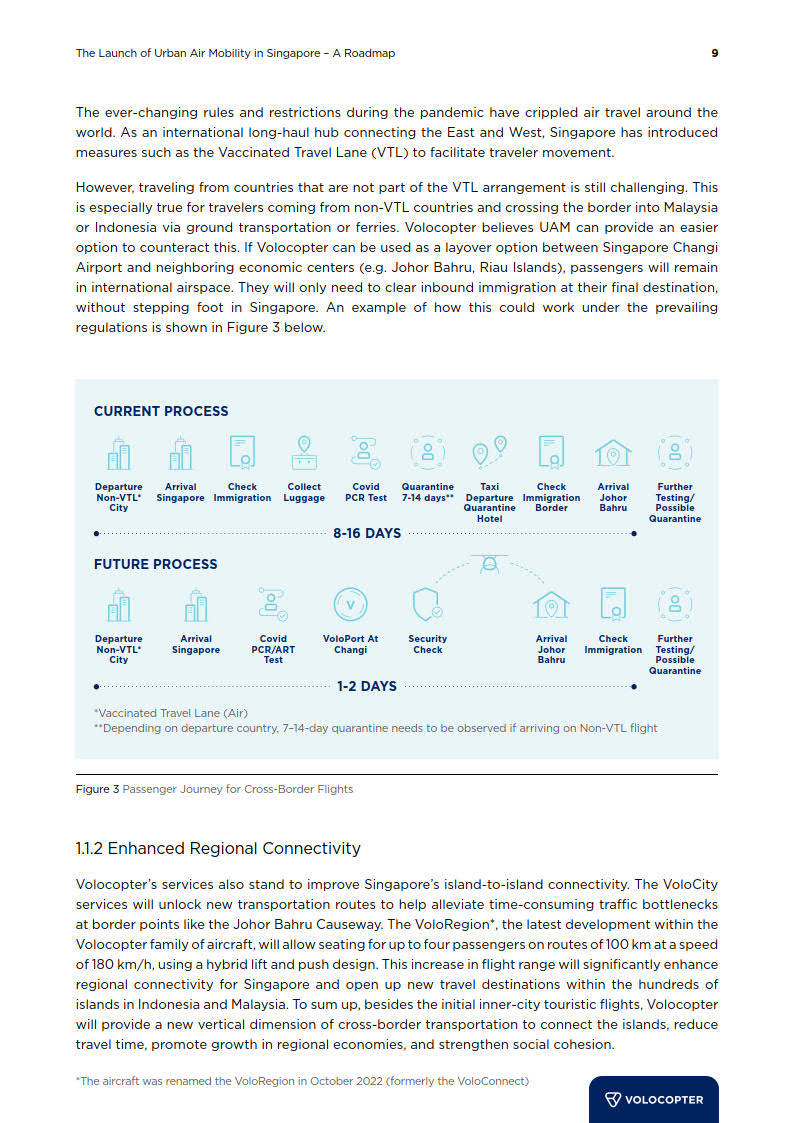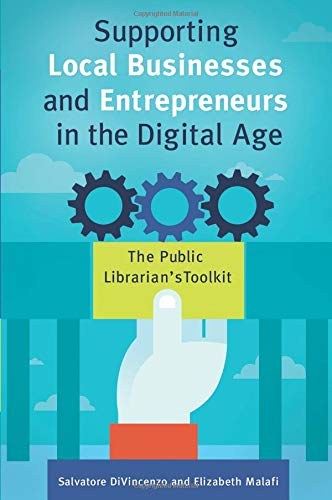Unlocking Opportunities: A Comprehensive Guide to Small Business Loans from the Government
#### Introduction to Small Business Loans from the GovernmentSmall business loans from the government are essential financial resources designed to help ent……
#### Introduction to Small Business Loans from the Government
Small business loans from the government are essential financial resources designed to help entrepreneurs and small business owners secure funding to start, grow, or sustain their businesses. These loans often come with favorable terms, lower interest rates, and longer repayment periods compared to traditional loans from banks or private lenders. Understanding the different types of government-backed loans available can empower business owners to make informed financial decisions.
#### The Importance of Small Business Loans
Small businesses play a crucial role in the economy, providing jobs and driving innovation. However, many entrepreneurs face challenges in accessing capital. Small business loans from the government are vital in bridging this gap, offering support to those who may not qualify for conventional financing. By providing these loans, the government aims to stimulate economic growth, foster entrepreneurship, and create job opportunities.
#### Types of Small Business Loans from the Government
There are various types of small business loans available from the government, each catering to different needs:
1. **SBA Loans**: The Small Business Administration (SBA) offers several loan programs, including 7(a) loans, CDC/504 loans, and microloans. These loans are partially guaranteed by the government, which reduces the risk for lenders and makes it easier for small businesses to obtain financing.
2. **Economic Injury Disaster Loans (EIDL)**: These loans are designed to help businesses that have suffered substantial economic injury due to a disaster. They provide working capital to help businesses pay bills and maintain operations during challenging times.

3. **Community Development Financial Institutions (CDFI)**: CDFIs are specialized organizations that provide loans and investments to underserved communities. They often focus on microloans and small business loans, making them a valuable resource for entrepreneurs in low-income areas.
4. **State and Local Government Loans**: In addition to federal programs, many state and local governments offer their own loan programs to support small businesses. These loans may have unique eligibility requirements and terms.
#### How to Apply for Small Business Loans from the Government
Applying for small business loans from the government involves several steps:
1. **Determine Eligibility**: Before applying, ensure that your business meets the eligibility criteria for the specific loan program. Each program has its own requirements regarding business size, type, and financial history.
2. **Prepare Documentation**: Gather necessary documents such as business plans, financial statements, tax returns, and personal credit history. Having these documents ready can streamline the application process.

3. **Choose the Right Loan Program**: Research the various loan options available and select the one that best fits your business needs. Consider factors such as loan amount, interest rates, and repayment terms.
4. **Submit Your Application**: Complete the application process, providing all required information and documentation. Be prepared for a thorough review by the lender.
5. **Follow Up**: After submitting your application, maintain communication with the lender to address any questions or additional information they may require.
#### Benefits of Small Business Loans from the Government
The advantages of securing small business loans from the government include:
- **Lower Interest Rates**: Government-backed loans typically offer lower interest rates compared to private loans, making them more affordable for small business owners.

- **Flexible Repayment Terms**: Many government loans come with extended repayment periods, allowing businesses to manage their cash flow more effectively.
- **Access to Capital**: These loans provide essential funding that can help businesses invest in equipment, hire employees, or expand their operations.
- **Support for Underserved Communities**: Government loans often prioritize funding for minority-owned, women-owned, and rural businesses, promoting diversity and inclusion in the entrepreneurial landscape.
#### Conclusion
In summary, small business loans from the government are invaluable resources for entrepreneurs looking to start or grow their businesses. By understanding the various types of loans available, the application process, and the benefits they offer, business owners can take advantage of these opportunities to achieve their goals. Whether you are a seasoned entrepreneur or just starting, exploring government-backed financing options is a crucial step toward building a successful business.